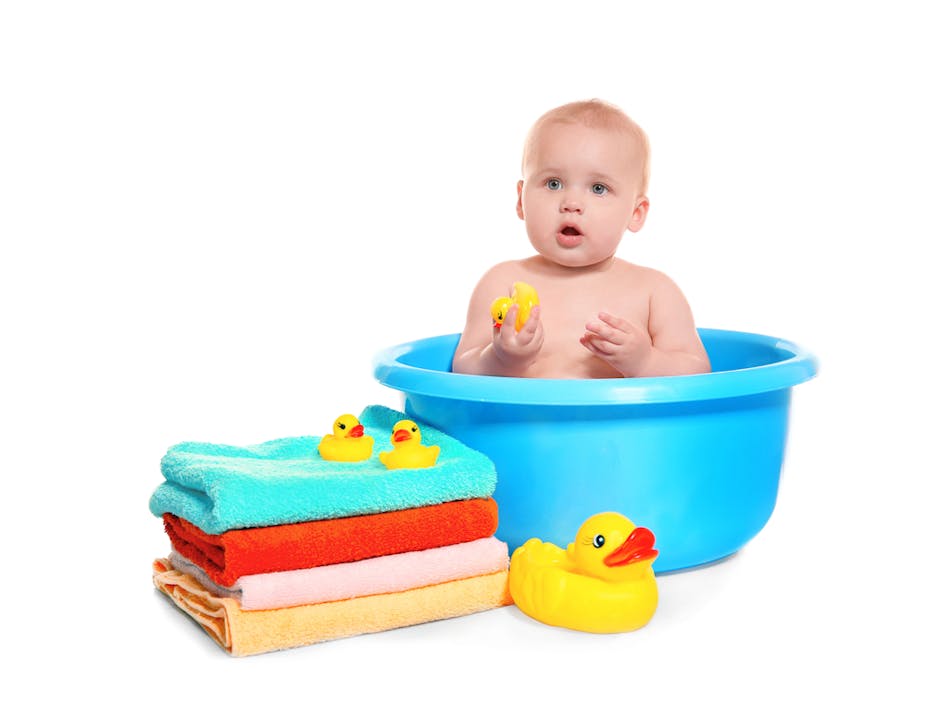Every year, the UK’s Office for National Statistics (ONS) publishes data on the latest trends in baby forenames. The most popular names for baby girls now include Amelia, Olivia, and Emily, and for baby boys, Oliver, Jack and Harry. Aside from showing what’s “in” and what’s “out”, the baby names data also reveal a lot more about society – touching on issues such as gender, ethnicity and social class differences and identities.
For parents-to-be, choosing one of the more popular forenames may mean that your “Jack” or “Emily” is just one among several so-named children in their class at school. Conversely, choosing a rarer name for your child could make them too distinctive, and potentially a target of bullying. It’s no wonder that choosing the forename your newborn will have for the rest of its life can be exciting and daunting at the same time.
But actually, the dilemma for parents-to-be is even more complex and powerful. And that is because forenames themselves are more complex and powerful than most of us realise. We tend to think of forenames as nouns (“naming words”). But the full cultural power of forenames is best revealed when we think of them as adjectives (“describing words”). As I have argued elsewhere, forenames do a huge amount of cultural work. What’s in a name? Gender, ethnicity, even social class – that’s what.
Forging an identity
Probably the single most important aspect is in terms of sex and gender. Look at the ONS’s annual list of baby forenames – it’s split into those for “boys” and those for “girls”. In England and Wales, as in most societies around the world, forenames are almost always sex and gender specific: few forenames are sex and gender neutral.
Forenames, then, “display” sex and gender. But because forenames are such a robust predictor of an individual’s sex and gender, they can lead to discrimination. One study showed that, in otherwise identical job applications for the post of a laboratory manager, candidates with the forename “John” were rated more highly than were candidates with the forename “Jennifer”.
Forenames also reveal ethnicity and racialised identities. One study analysed US data on forenames by race. Forenames such as Shanice and Precious were found to be relatively popular among Black girls, but virtually unheard of among White girls. Meanwhile, forenames for boys such as Connor and Jake were found to be distinctively White, with less than two per cent of those so named being Black.

In England and Wales, ONS data on baby name trends show that Muhammad was the eighth most popular name given to baby boys in 2016. Within Muslim families, the forename Muhammad (or one of its spelling variations) is very dominant because it is traditional to name baby boys after the prophet of Islam in order to honour and respect him.
Disadvantages
Forenames may proudly display ethnicity and/or faith in these ways, but having a forename that is perceived to be “ethnic” can also have its disadvantages. A study for the UK Department of Work and Pensions tested for racial discrimination in recruitment practices by sending out sets of equivalent applications to job vacancies across the UK, using forenames and surnames commonly associated with minority groups. To get a job interview, 74 per cent more applications from candidates with ethnic minority names had to be sent out compared to candidates with “white” names.
And what about social class? Well, forename choices have diversified over time – people now have a much wider pool of potential forenames to choose from than the “traditional” ones so dominant in the past. Consequently, forenames may now reveal more about social class than they used to.
Harry and Amelia are now among the most popular names in general, but there are forenames which are more popular in some social classes than others. And, as with gender and ethnicity, forenames can reveal an individual’s class or social standing. One study by Gregory Clark examined the forenames of first year students at the University of Oxford between 2008 and 2013. There were more than three times as many Eleanors at Oxford than might have been expected given the popularity of the name across society. But there were fewer than a 30th of girls called Jade and Shannon than might be expected.
So, forenames are not just nouns: they describe cultural identities and can have social consequences. What does your forename say about you?

